Table of Contents
Open Table of Contents
Introduction
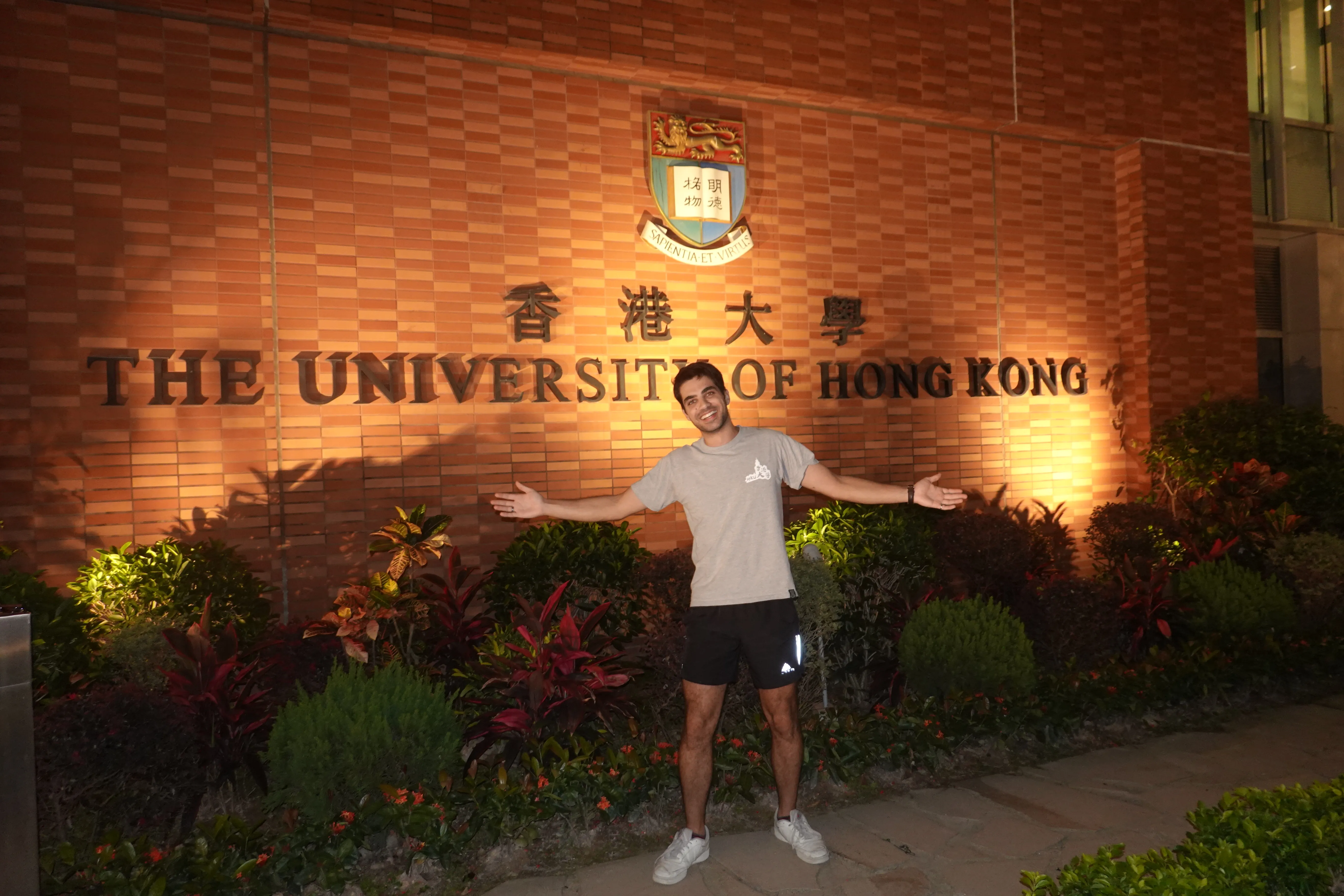
In this blog I want to discuss my experience of preparing for, attending and completing an exchange program at Hong Kong University during 2024 T1 as a part of my Master’s of Information and Technology postgraduate coursework degree.
Most of this information is relevant to my circumstances of:
- Studying a 2 year coursework master’s degree
- Being an Australian citizen
- Having a Commonwealth Supported Place (CSP) in my degree
- Attending UNSW in the Faculty of Engineering
I will break up this post into the main sections:
- Deciding to Study Abroad
- Preparing for Exchange
- Undertaking Exchange
- Return From Exchange
Deciding to Study Abroad
Motivation To Study Abroad
I only learnt about exchange late into my undergraduate degree and by that time it was too late to apply due to the lengthy process of preparing for exchange. I regretted that I missed the chance to study abroad since I felt it would be a great opportunity to make global friends and learn more about the world.
When I began undertaking my postgraduate master’s degree I looked into the possibility of exchange and found that it was possible to undertake exchange as a part of my degree.
Anticipated Perks of Exchange
There are several perks to exchange that lead to it becoming a good decision for me objectively beyond the fact of it being good and fun experience. At the time I was working part time earning $50/hr and by attending exchange and not working part time there was monetary loss to consider however there were some balancing facts that made the money less of an issue.
- Grades
I had an extremely strong WAM by the time I reached my final few credits of study. By undertaking exchange and performing credit transfers I would be able to maintain my WAM without stress about it dropping and with less effort applied to subjects.
- Other Money
Although I would be losing money by not working part time I would gain money from the following:
- Centrelink: Austudy (Youth Allowance but for over 25s) was available to me as a full time student.
- Potential for scholarships: With strong grades there was a good chance of getting additional money for scholarships although there was no guarantee of this.
I write more on both of these items later.
- Compressing Degree
By attending exchange I would be able to complete my degree by the end of T1 2024 rather than the end of T2 2024. This would allow me to start working full time earlier which would effectively mean i am working a similar amount of time to if I had not attended exchange & move me on faster into my career switch.
The reason I could compress the degree is that I could undertake the final 4 subjects of my degree during the HKU semester. Alternatively I would have needed two trimesters at UNSW.
- Its fun
Of course the main reason to attend exchange is that it is fun. I had never been to Hong Kong before and I was excited to see a new country and meet new people. I was also excited to see how the university experience was different in another country. Some might call this the motivation of a quarter life crisis.
Anticipated Disbenefits of Exchange as a Postgraduate Student
There were several disbenefits to exchange as a postgraduate student that I had to consider.
The most obvious one was the age difference. Although I began planning at the age of 24 by the time I attended exchange I was 26. Most students as undergraduates are 20-22 and there was the potential for alienation due to the age difference. I had to consider that I might not get along with the other students and might have trouble making friends which could make for a less fun time overseas.
I also had a long time partner that I would not be seeing for several months. We were optimistic that she would be able to work overseas since she worked from home almost exclusively. I planned my exchange based on this possibility choosing a country she should be able to work from (turns out she couldn’t but we found that out later). Hong Kong was the country of choice since she had family there and the time zone was similar to Australia so working from Hong Kong would be fine.
Although I would be getting Centrelink and scholarships I would have to spend money to live in Hong Kong, one of the most expensive cities in the world. While at home I was still living with my parents and not paying rent so this would be a significant increase in living costs.
Preparation for Exchange
Unfortunately the details are a bit fuzzy in my memory and my inbox does not go back in time to the start of this process but I will try to recall the steps I took to prepare for exchange.
Application Timing
As I said earlier, one of the greater difficulties with exchange is that you need to apply a long time in advance and if you are in your final year of study, it is too late to apply. As a result of this its practically impossible to go on exchange as a part of a 1-year master’s program & in fact my university (UNSW) requires you to be undertaking a 1.5 year degree (72 units) in order to be eligible for exchange.
For a 72 units of credit degree you must apply in your first term and for a 96 unit degree you can apply in the following round. I applied for exchange at the start of my degree.
Seeking Approval From the School
I read somewhere that I should seek approval from the school and so i emailed someone (cant remember who) in regards to my going on exchange to confirm it was okay. The response I got was that it was fine however extremely rare and only one person undertaking my degree had done it before me. As such it was to be expected that there would be little resources and precedent for me to follow. The lecturer I emailed recommended that I might attend the same university that the previous student did (ETH Zurich in Switzerland) to help with this however I ended up opting for a different university (HKU in Hong Kong).
I am not sure if this step was really necessary seemed more like a formality.
Selecting a University
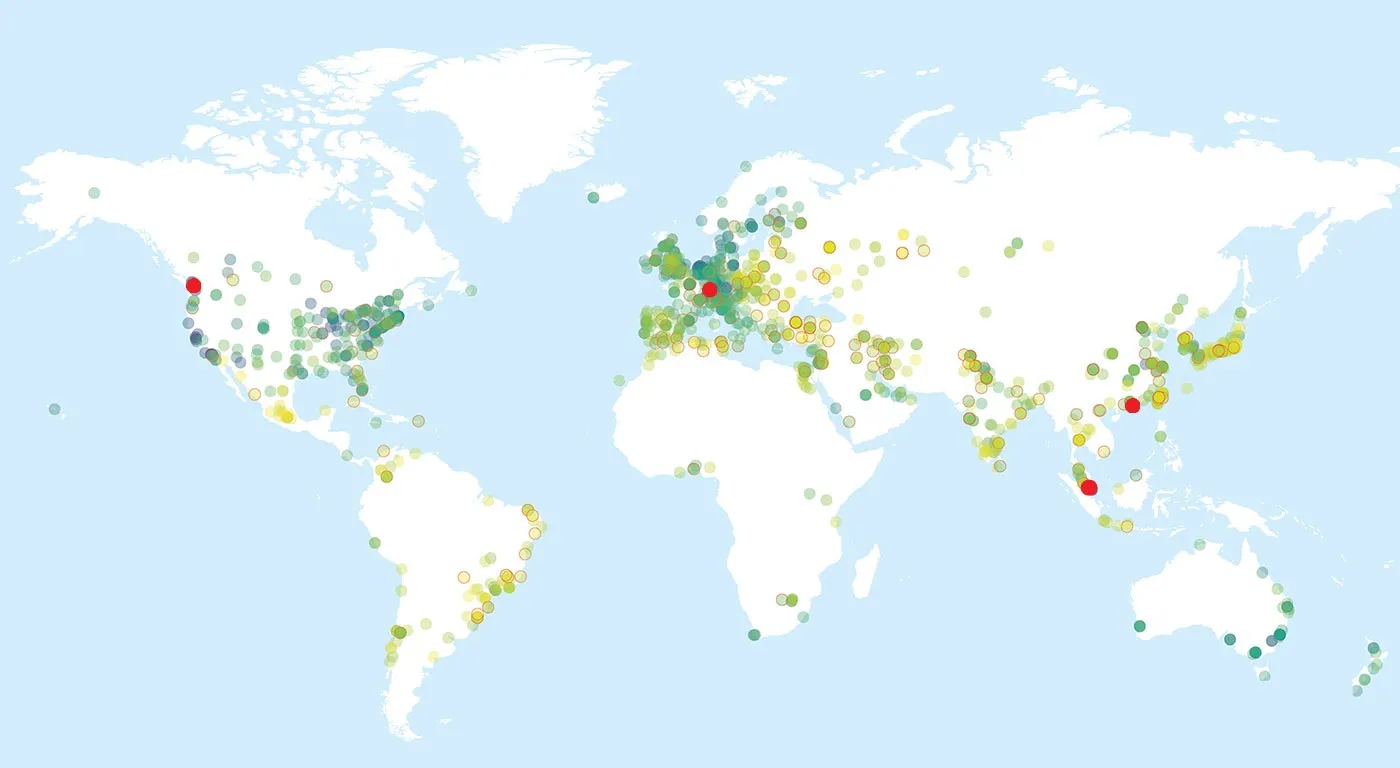
Despite the large number of universities that UNSW had a partnership with I was limited to only a handful of universities after filtering out universities which would accept postgraduate students and universities that taught in English.
The main universities that I was considering (shown as red dots in the above image) were:
- ETH Zurich in Switzerland
- HKU & HKUST in Hong Kong
- NUS & NTU in Singapore
- UBC in Canada
I was leaning towards Canada at first but ended up selecting Hong Kong because:
- Timezone was similar to Australia so my partner could work from there
- Could learn about my partners cultural heritage since her family is originally from Hong Kong and I had never been there before
- Canada is too cold and I would probably need a car to get around
- Hong Kong seemed like it had more to do than Singapore
Course Matching
With a university in mind I had to also make sure there would be sufficient courses to match with my degree otherwise I would need to go back and find a different university.
Hong Kong University had a good selection of courses that matched well with my degree. Since in my current coursework degree I was taking a lot of subjects with undergraduates I looked at both postgraduate and undergraduate subjects to match with my degree.
I noticed that although some subjects were not specifically on my degree plan they were “equivalent” courses on the UNSW handbook which I took to mean they were the same course with different course codes and so the difference was arbitrary. This logic later got me in trouble and UNSW doesn’t exactly consider it the same way. I ended up with around 15 subjects matched that I could take at HKU.
At no point did the university explicitly state that undergraduate subjects were not permitted to be transferred to a postgraduate course, however this is a general rule for universities as I know understand it, and this rule would pain me a lot after I returned from exchange.
Applying for Exchange
There was of course a lot of paper work and reading material to go through during the entire process, although it was not as bad I had heard. Once I had applied for HKU as my university of choice I had to wait for a response.
When I did get a response it was a confirmation but under the condition that the I would only be able to select UG Computer Science courses at HKU and the postgraduate courses would not be available to me. I was warned that “approval for foreign UG courses matched to PG UNSW courses is not guaranteed and is subject to the UNSW Course Authority” and I had one day to decide if I would instead like to switch the application to ETH Zurich.
Since I had already gotten a lot of transfer of credit approvals for undergraduate to postgraduate courses I was not too concerned and I already had a lot of plans based around going to Hong Kong so I decided to stick with HKU. These credit transfer approvals that the school had given me were actually by there own rules not valid, and my expectation that these were approved without issue was incorrect which would cause me trouble later on.
Centrelink

Applying for Centrelink is always a pain by design with the hoops to prove you do really want the money - a bit like squid games.
It took a while to get there but I managed to get Austudy netting me an additional $645 a fortnight which would amount to slightly over $5000 for the duration of my exchange.
In order to continue receiving Austudy while on exchange I had to notify Centrelink of the date I would be flying and the start date. I was of course flying in a few days before the start of the semester (only a mad man would arrive on the start date). Centrelink questioned why I was flying in before the start date and let me know that I would not be receiving Centrelink for the extra days I was in Hong Kong before the start of the semester which seemed like more administrative work than it was worth but I didn’t care about it.
I am not exactly sure what happened but I believe the date I told them that I was flying over the phone was one day off the date I actually flew. As a result when I landed in Hong Kong Centrelink sent a letter to my house (in Australia) notifying me that my Centrelink had been paused. Since it was practically impossible to get through to Centrelink even in Australia I had to go online and make my mum a representative so that she could figure out the issue on my behalf. Unfortunely this wasted half of her day as she had to wait in Centrelink so don’t make my mistake and make sure the dates are all lined up.
Scholarships
Most scholarships at UNSW don’t require an application although of course its worth looking through the scholarships page to see if you are eligible for any. I was not eligible for many scholarships since I was a postgraduate student and most scholarships (quite fairly) were only for undergraduate students.
To my great dismay the one scholarship that everyone gets when going to Asia (i.e. Hong Kong) the New Columbo Plan Scholarship ($7K) was not available to me since I was not an undergraduate student.
Since I had a high WAM i was banking on getting one of the academic scholarships that UNSW offers. I ended up getting the Harry Manson Scholarship ($6k) which I believe was the highest value scholarship that I was eligible for and required no application.
Accommodation
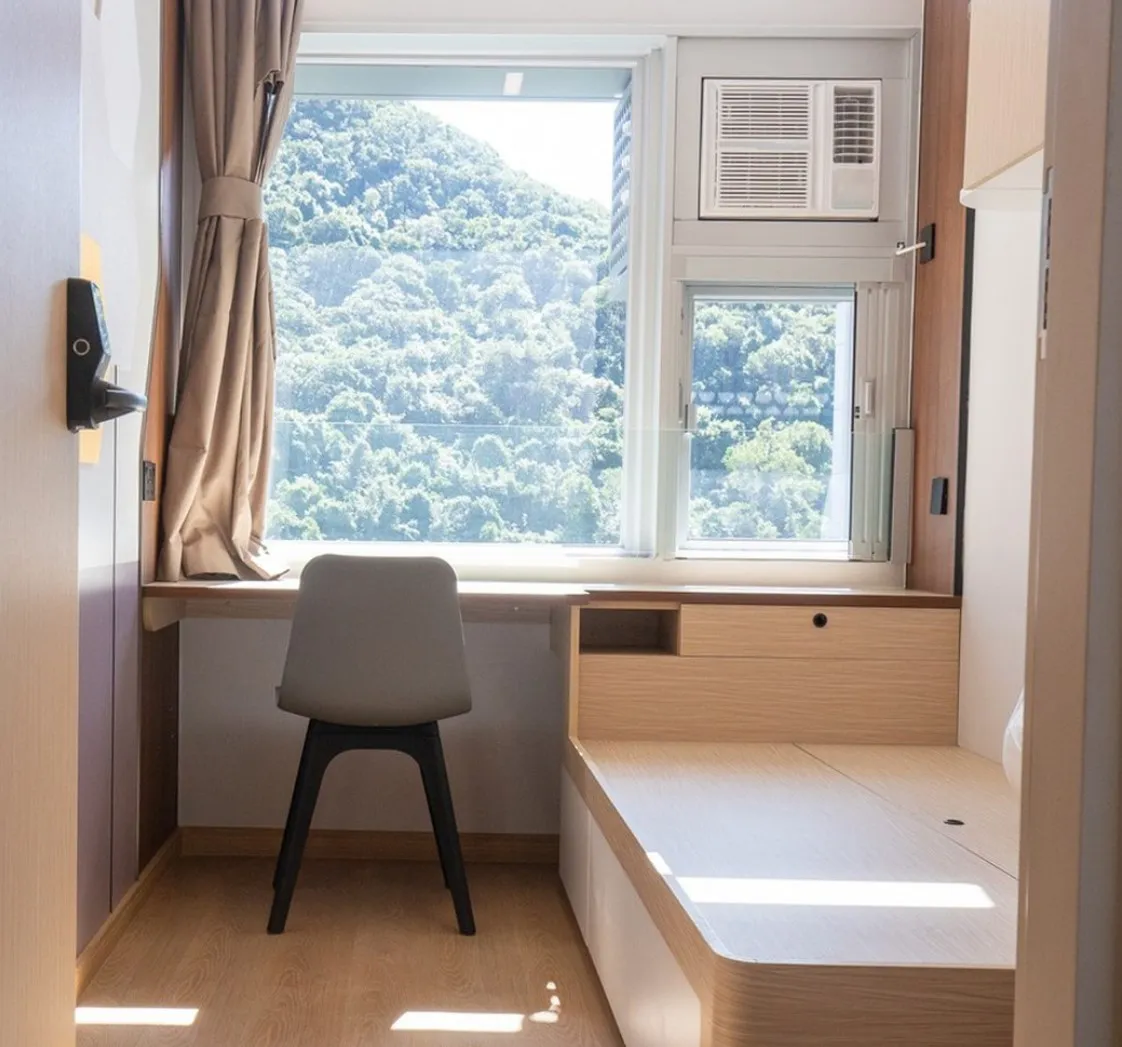
University accommodation was relatively cheap compared to other options ($3k to $5k for a semester).
Initially I was looking into serviced apartments however these options were extremely expensive in the range of $10k to $20k Aud for something moderate. This was necessary if my partner was to come to the country but ultimately when she couldn’t come the university accommodation became ideal.
For Hong Kong University you had a preference list for accommodation and most of the colleges required an interview to get in. I had one interview with Jockey Student Club Village 3 (my first preference) which was at 11:30 pm on a Saturday! Maybe that timing is just a timezone related difference right ? No, it was 8:30 pm for them in HK - my first cultural shock of exchange before I had even left. I didn’t get accepted into this accommodation.
Luckily a new college had opened up further from the city (Jockey Student Club Village 4) which has 4 buildings with about 15 levels for students and 20 students on each floor. The building was so empty basically anyone got in and the accommodation was not shared like other colleges. The consensus discussion on reddit and in WhatsApp groups was that the college had the pros of being new, getting your own room and having lots of exchange students since the building was new and practically empty. The main disadvantage was a 6 m^2 room, lack of culture/events, lack of nearby food options, and that it was much further from the university then other dormitories. It would take around 30 minutes to get the university which is quite far considering it is university accommodation. I did not mind this since I did not plan on going to university too often and university is 1.5 hrs away for me at home and I ended up choosing to stay at this accommodation.
I discuss staying at the dormitory in a later section.
Student Visa
I don’t remember the details but with the many steps involved in the application process by the time it got to student visa there was only a few weeks before the start of exchange (maybe 6 weeks). HKU required us to apply for the student visa online and then send a hard copy to them via express post. I had someone else send it for me and it was not as express which stressed me out but it ended up getting there in 2 weeks and I got the student visa well ahead of time. I was mainly stressed because I had heard stories of people getting the student visa just days before leaving.
It does turn out that if you don’t get the visa in time the trick is to enter the country on a tourist visa and then when you get the student visa to just leave the country and re-enter. In Hong Kong this is quite easy to do on the weekend by visiting Macau or even Shenzhen although Macau is a lot easier to get into compared to mainland China.
Partner not coming & a compromise
My partner was not able to work in Hong Kong as we had hoped and so she would not be coming with me. This was due to Hong Kong being a blacklisted country by her company.
In compromise since she was already going to Singapore at the start of February I would join her and we would travel around and spend time in Hong Kong for the lunar new year (early February).
Undertaking Exchange
Arrival
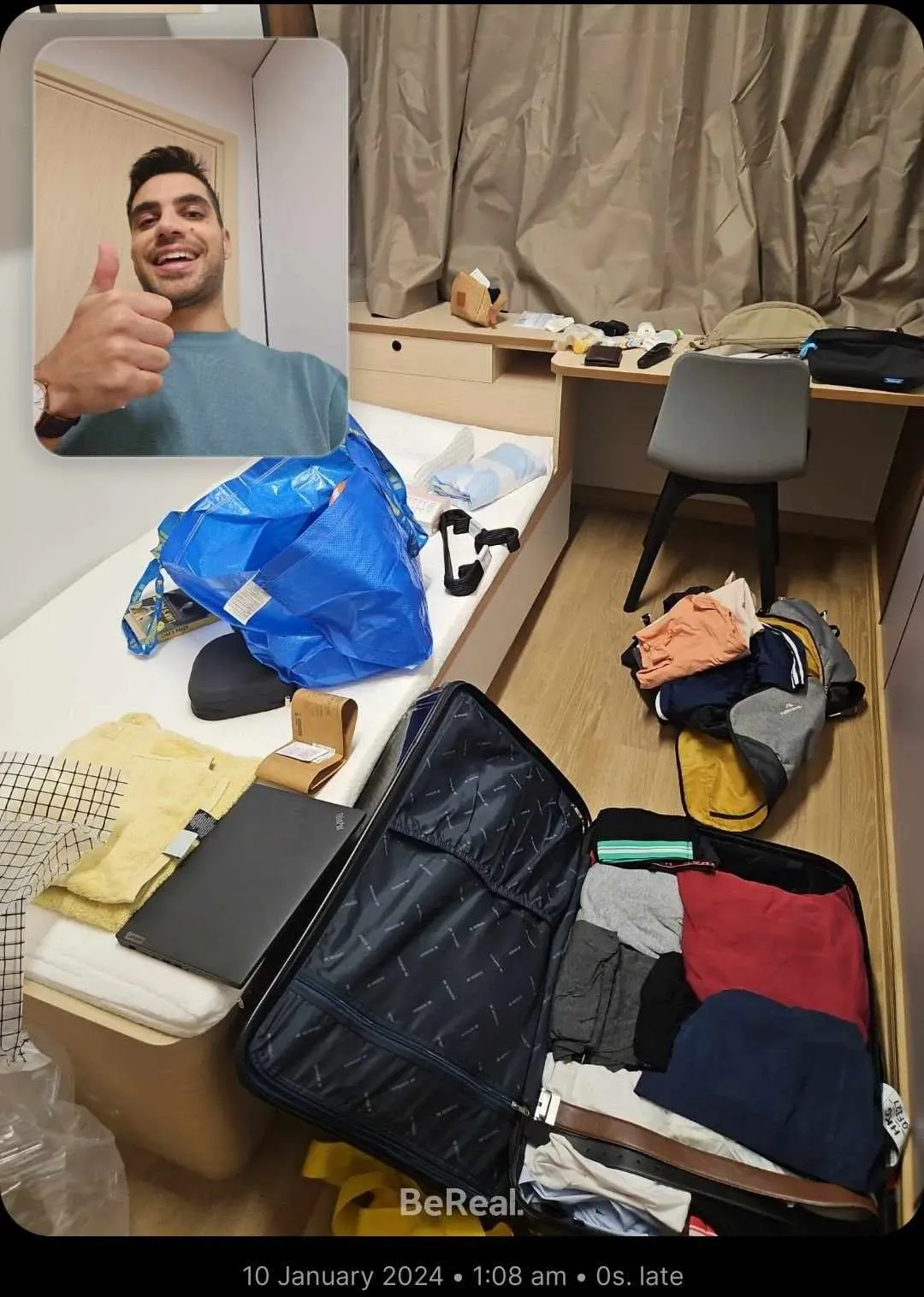
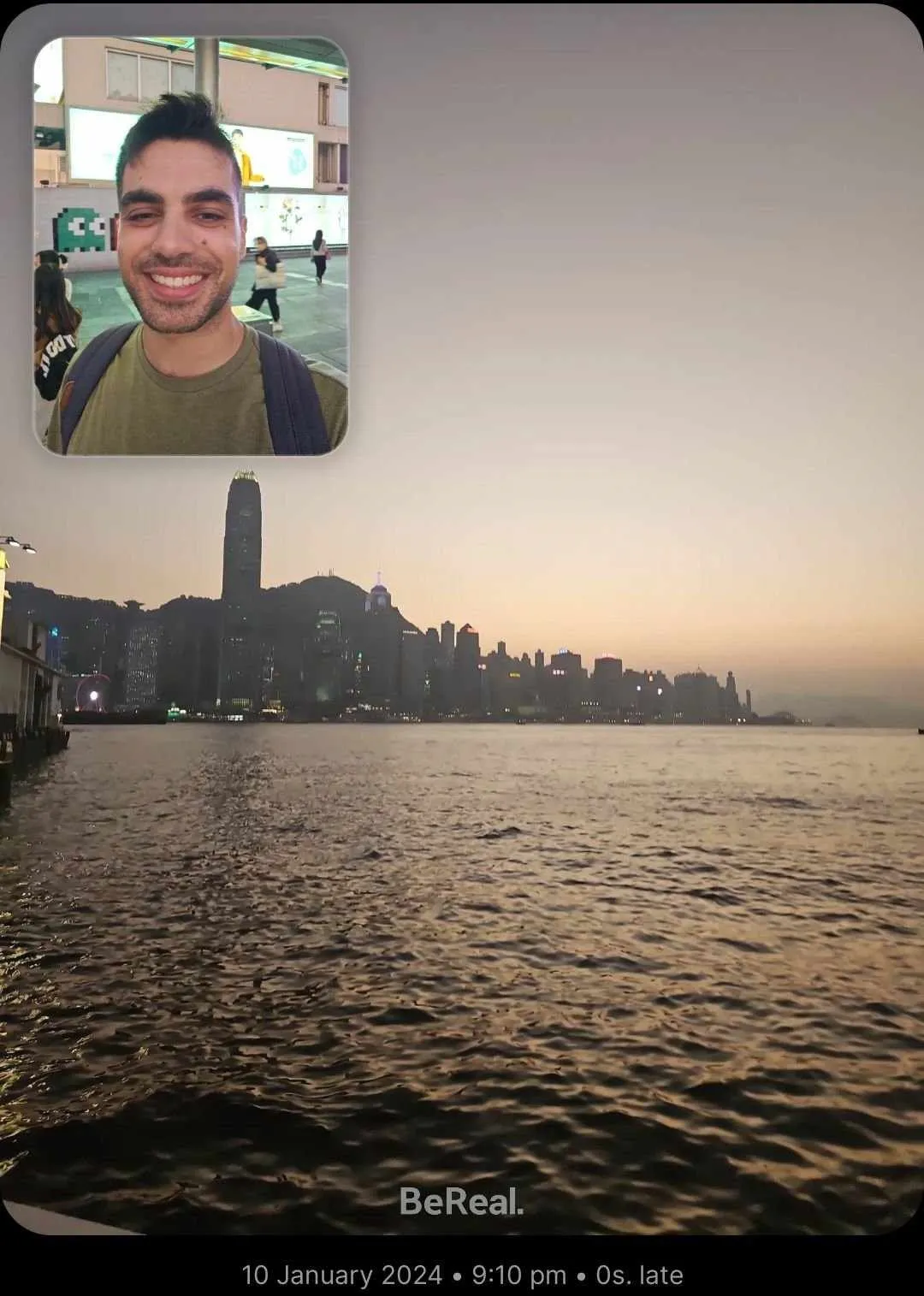
Flying in and getting my student visa on entry was a smooth and easy process. I had guidance from the university about how to take a taxi when i first got to Hong Kong since their might be language barriers and the taxi driver might not be familiar with the dormitory location since it was new and in a relatively remote suburb. As a result I ended up at my accommodation without any issues.
My first night in Hong Kong was my only experience with culture shock and fear that I had made a mistake. As someone who lives on a farm the chaos of Admiralty station with many people rushing in different directions triggered my mild (self-diagnosed) social anxiety. Combined with the fact that it was very smoggy that day (I thought HK would always be like that but coincidentally my first day there was the smogiest) and the remoteness of the suburb I lived in I was worried my exchange would not be enjoyable.
By the second day I made friends with some awesome people who would end up being my main friend group for the semester and I didn’t have those worries again.
Making Friends
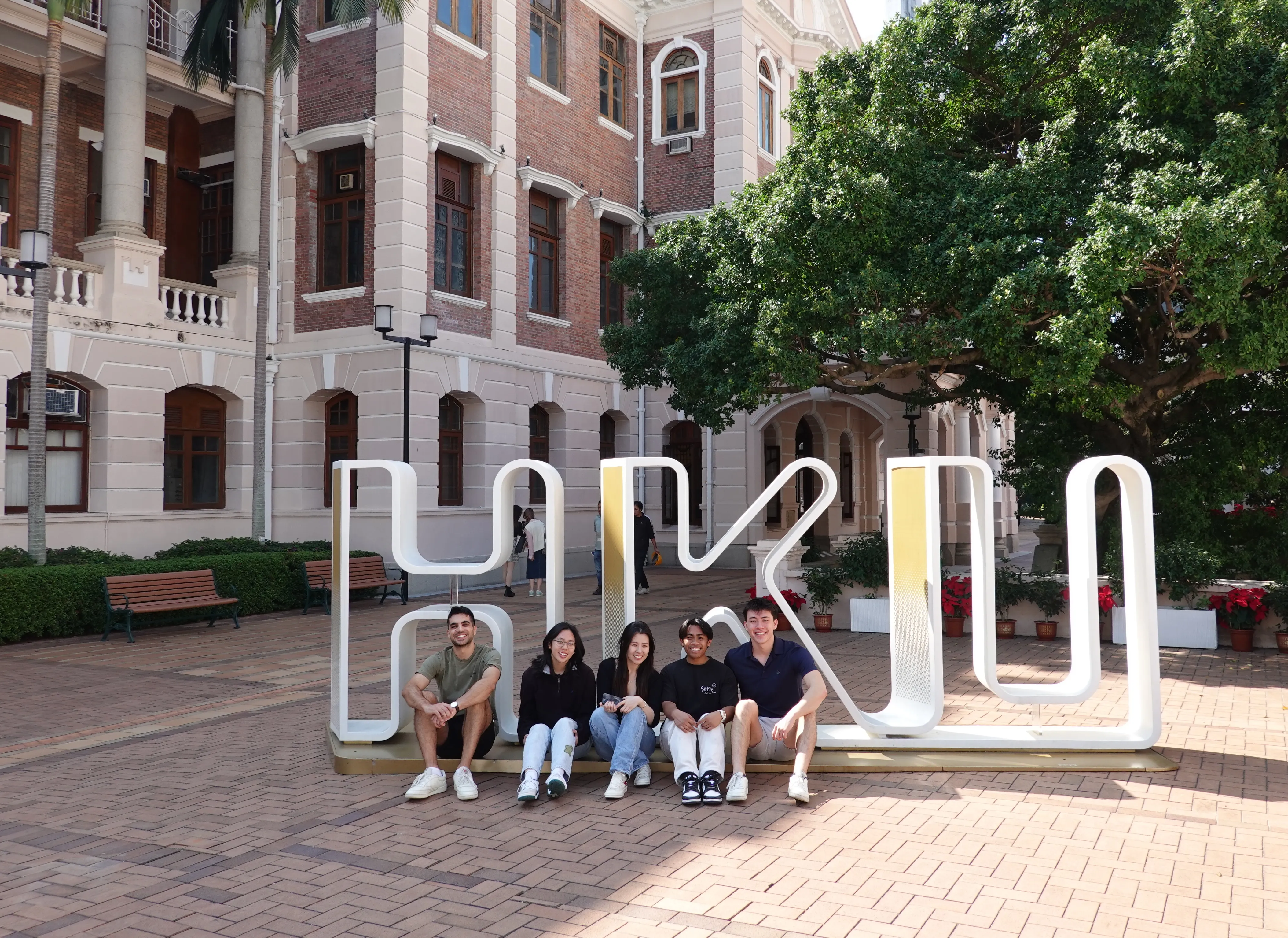
Prior to exchange starting an email got sent to all students attending HKU on exchange with a link to a WhatsApp group that two of the exchange students had created.
On my second day there was a message in the group chat about people from my dormitory going for breakfast together and one or two people had responded. Even with the minimal response I thought it would be a good chance to meet those people and make some new friends. Turns out that even though people hadn’t replied there was a good 30 people that went.
I made some friends and a few of us wanted to go get student cards so we went to the university together to get our cards and experience campus together for the first time which was an awesome experience since the university was way nicer and more aesthetic than we had realised. (The university basically sits on a mountain and it feels like it is built into a cliff, you even have to take an elevator from the station to the university which moves ~100m vertically!). The photo above is from that day.
The university also had week of welcome tours that you could sign up to ahead of time where a local student would take you to some tourist attraction and it was a good way to meet people in a relaxed environment. It was also a good chance to get some tips and tricks from local students.
In the end my main friend group that I would hang out with a lot was in the same dormitory (but a different building) to me. It was very easy to meet up and hang out and the proximity helped a lot with maintaining the friendships.
Class Enrollment
Hong Kong Universities class enrollment system was terrible to say the least and really made life much more difficult then it needed to be. The system (from memory) had you choose the classes you wanted to enroll in. You were then told if you were admitted to the class on THE SAME DAY CLASSES STARTED! On top the classes were for whatever reason super saturated and at capacity to the point that the average person got into 2/4 classes and next to no one got into all classes. The university then advised that you would have to enter waitlists to try and get into other subjects and until you were notified if you were in the class or not you would just have to attend every class you were on the waitlist for.
The system was the definition of a stitch up. It took me a week or two to get there but I ended up in 3 classes that I had approval for and one class that I didn’t have approval for but had the exact same name as a postgraduate subject at UNSW that covered the same content. In the moment I forgot to get the credit transfer due to being busy with exploring Hong Kong and also catching up with classwork due to the late start from the shitty enrolment process. I ended up gaslighting myself into thinking I had done it and only realised I had not done it when I got home which was when it came back to bite me.
Bonus Class!!
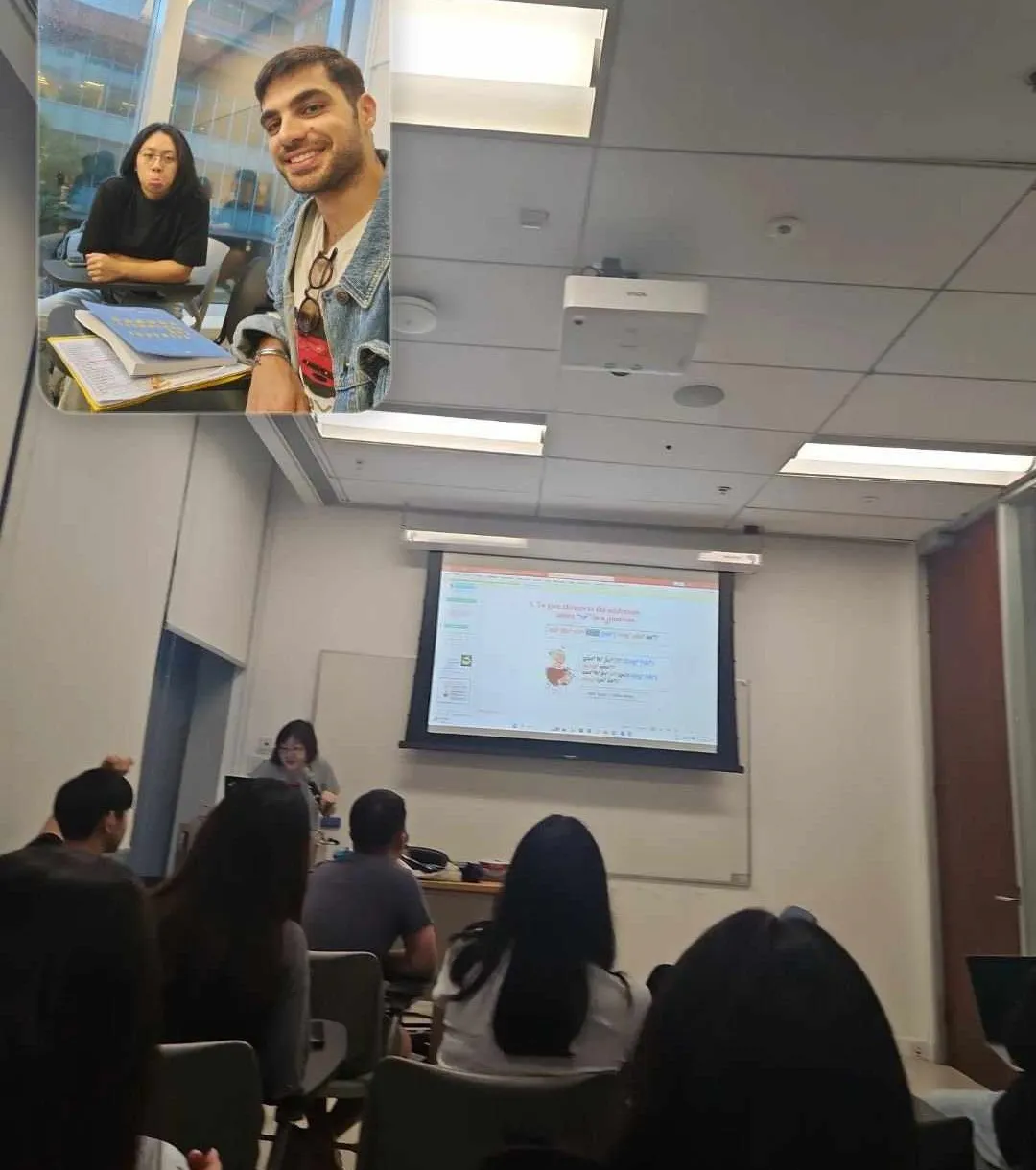
During class enrolment I remembered that I was to be charged as a full time student, regardless of how many subjects I did.
Thats when I realised that I could do extra classes for free! I confirmed that this hypothesis was correct with the UNSW student exchange advisor and they confirmed I wouldn’t be paying for the subject (but i wouldn’t be able to transfer it).
And that’s how I ended up doing 5 subjects with the fifth one being “Introduction to Cantonese”. This was great since it was a good way to learn the local language and have a class were marks really didn’t matter and I was just there for my interest in learning and the local culture.
As an exploit of the system I would recommend other exchange students also do this if they are in a similar situation for a free language class.
One-two Skip Four Weeks of Uni
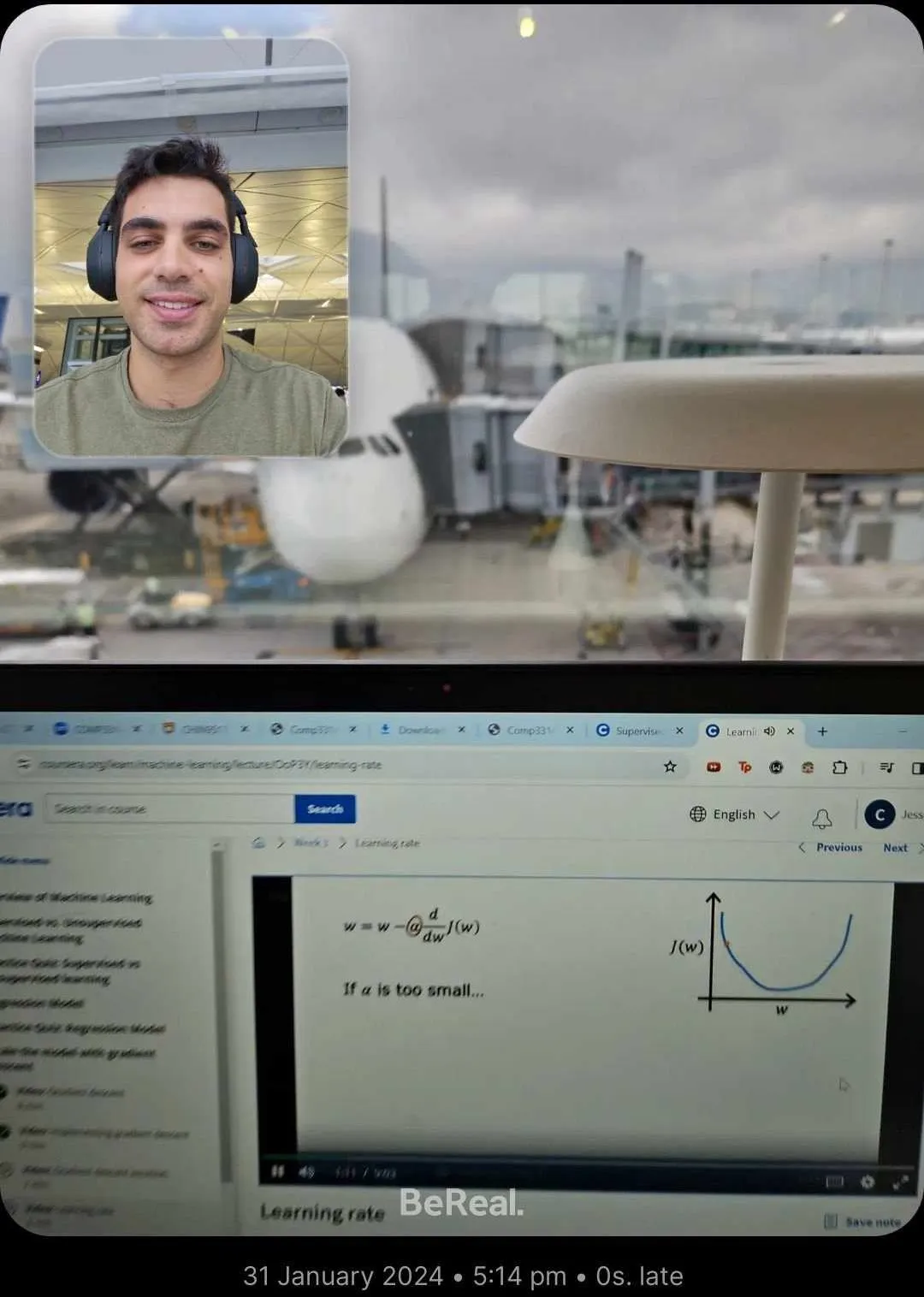
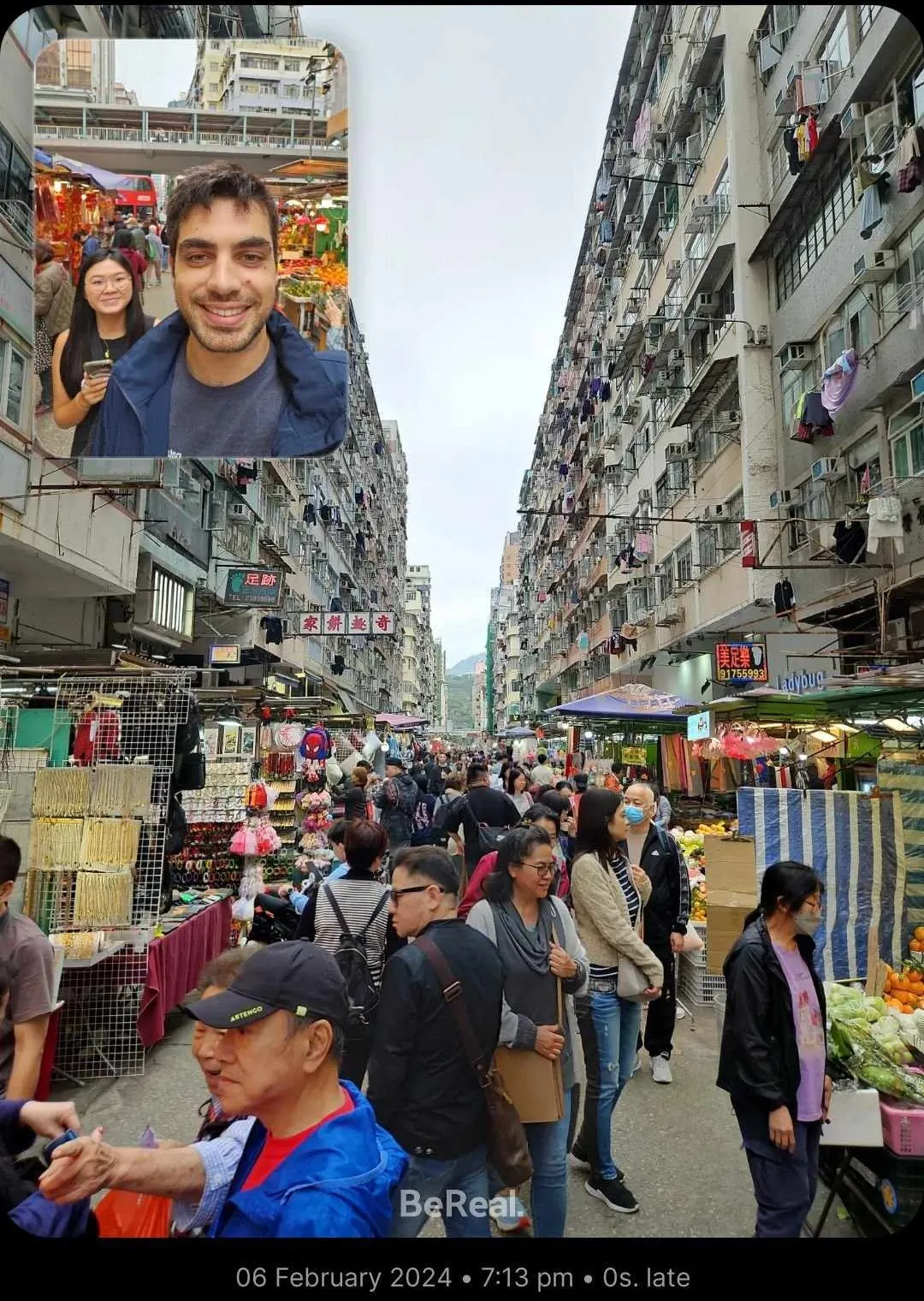
After only one or two weeks of university it was already time to meet up with my partner in Singapore. The only class where attendance was taken was Cantonese (the one subject I wasn’t planning to transfer) so everything was fine so long as I could keep on top of the assignments.
I was not doing very much university work for the next four weeks which did include one week of holidays for the lunar new year at which point I actually was in Hong Kong to experience the festivities. A lot of my friends went overseas together due to the week off university for the lunar new year so even though I was back in Hong Kong ironically most other students had left the country during that week.
Eventually when my partner left it was time to finally catch up on university.
My time management was actually cooked because I had one week to study and then a one week “mid-sem” break at which point my family was coming to Hong Kong to visit me. Turns out the break was to study since it was immediately followed by the mid-sem exams which I had not realised when I told my family that it would be a good time to come. On top of this it was also peak job application season and assessments and the Leetcode grind was extremely time consuming. I don’t even remember this but even while on holidays with my partner in February I was doing Leetcode problems almost every day.
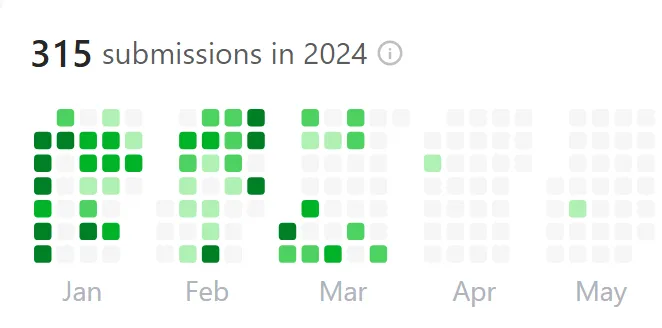
So I spent the next week doing 15 hour days of study to catch up on the first half of university content. Luckily HKU is honestly quite easy compared to UNSW and I only needed to pass so I only worried about getting the core of the content down and not the minor details. Other exchange students from other universities also agreed that HKU was not as hard as their home universities but then again a lot of them were coming from quite prestigious universities.
Getting a Chinese Visa
Getting a Visa for China in 2024 was quite difficult but it may be open for tourism now since we are now long.
There was a day pass to get into Shenzhen (cost around $50 from memory), although the first time I went to go I went to the wrong entrance (HK MTR line to Shenzhen has a split near the end that goes to two different entrances which are quite far apart). We only were informed of this after we had done 80% of the immigration including crossing a long bridge to Shenzhen. We had to be escorted back with multiple hand overs between staff and our passports being taken for some data entry which i can only assume was some kind of black flag against us in the eyes of China.
After that first incident me and my Australian friend went to get the full tourist visa for China rather than the day pass. It involved going to a special Chinese visa office in Hong Kong and applying for the visa but the wait time was insane. If you got there an hour or two before opening it still might take you a six or so hours to be seen. On top of this it cost quite a lot to get the Visa.
I paid the same amount as the Americans whose Visa lasted for 10 years. However as an Australian I was told the visa would last 6 months since I was applying from Hong Kong and would have lasted two years if i had applied from Australia. Obviously it didn’t feel like good value for money but I realistically mainly wanted the visa for the length of my exchange so I accepted the reality.
In getting the Visa the Chinese embassy would TAKE your passport for multiple days. When you came back to pick up the visa you would actually be picking up your passport with the visa glued in it. I assumed incorrectly that there would be no wait to pick up the visa, particularly since we were given a time for pick up but unfortunately we ended up having to wait for around 2 hours just to pick up the passport.
One friend of ours booked a ticket to Macau with us on the ferry and only when we were about to leave did they remember that the Chinese visa office still had their passport which meant the could not come with us.
Going to China
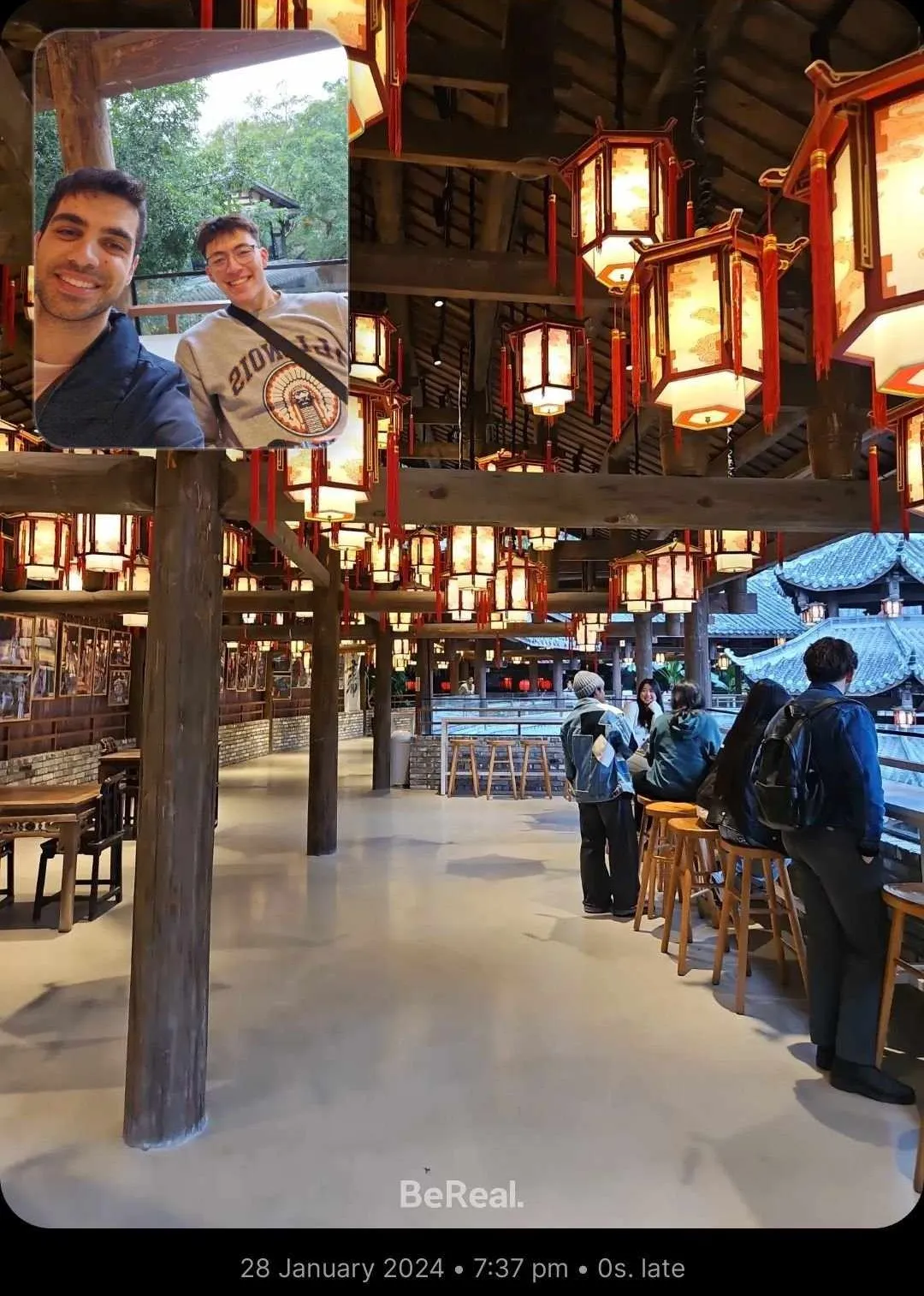
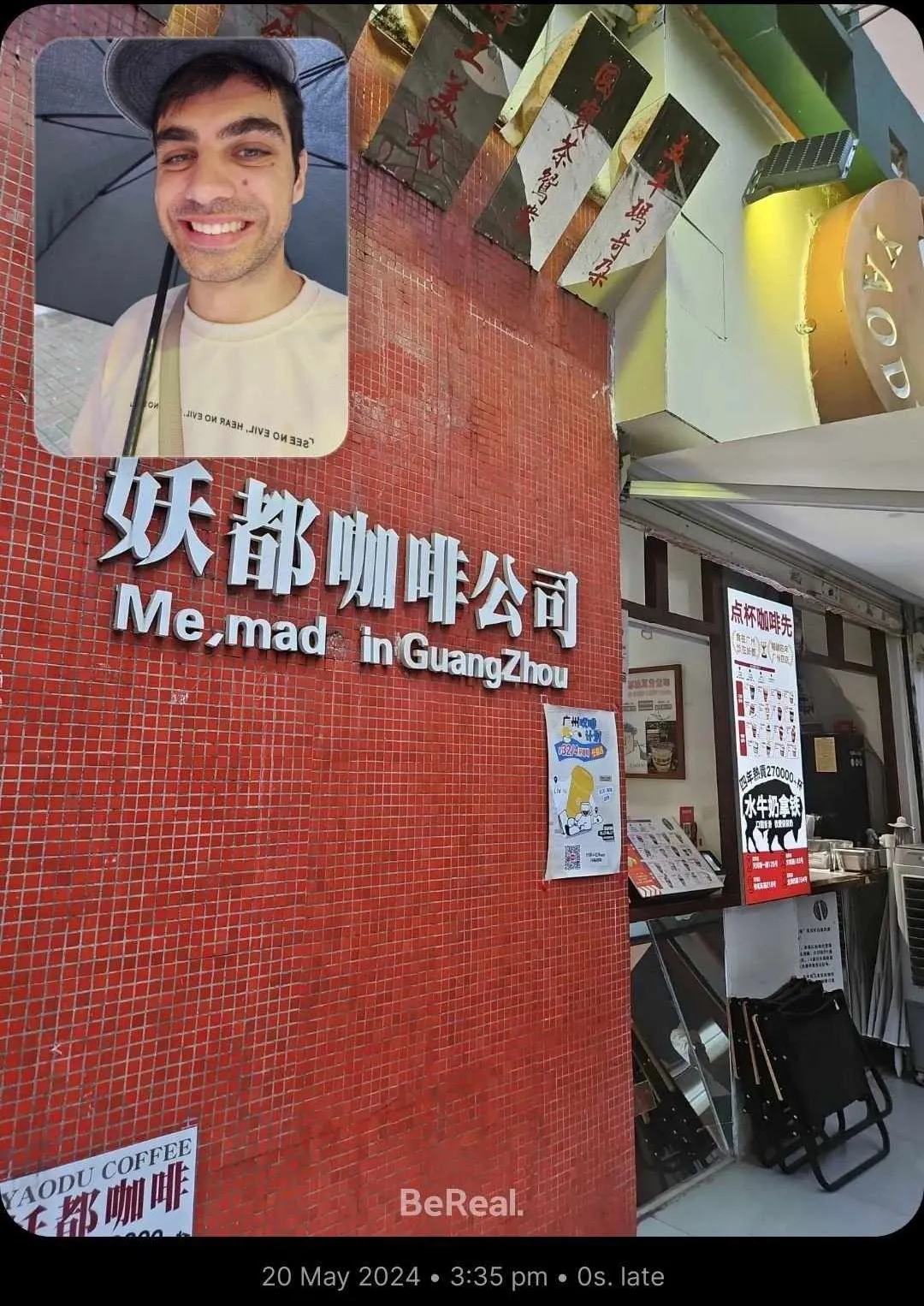
I will keep it brief since I’m going a bit off topic from the purpose of this blog but I did go to China three times during my exchange since it was a good opportunity to do so.
Going to China requires that:
- You have a visa
- You can speak mandarin or have a friend who can speak mandarin
- You have a phone with data
- You have WeChat pay or Alipay set up
Its very different to any other country in that cash is not accepted and everyone pays with their phone. Its really hard to test if you have set up WeChat pay or Alipay correctly until you arrive at which point its really hard to do anything if it doesn’t work. Even if you set it up correctly make sure to charge your phone because if it goes flat you are going to have a hard time. Google and google maps also doesn’t work there which is my main lifeline when travelling in a foreign country. The maps that do work (Baidu maps) are in Chinese and don’t have English translations so you are going to have a hard time getting around.
I would recommend going to China with a friend who has been before or a tour guide if it is your first time going and ideally someone can speak mandarin. A lot of people don’t speak English and unlike Hong Kong there are barely any westerners. When I went to Chongqing with some friends we had multiple people wanting to take photos with us since they had never seen a westerner in person before. The whole three days in the city (visiting tourist spots) we saw a total of 4 other westerners.
Again, as someone with self-diagnosed mild social anxiety I did not feel very comfortable that I was sticking out like a sore thumb.
Return From Exchange
Flying home
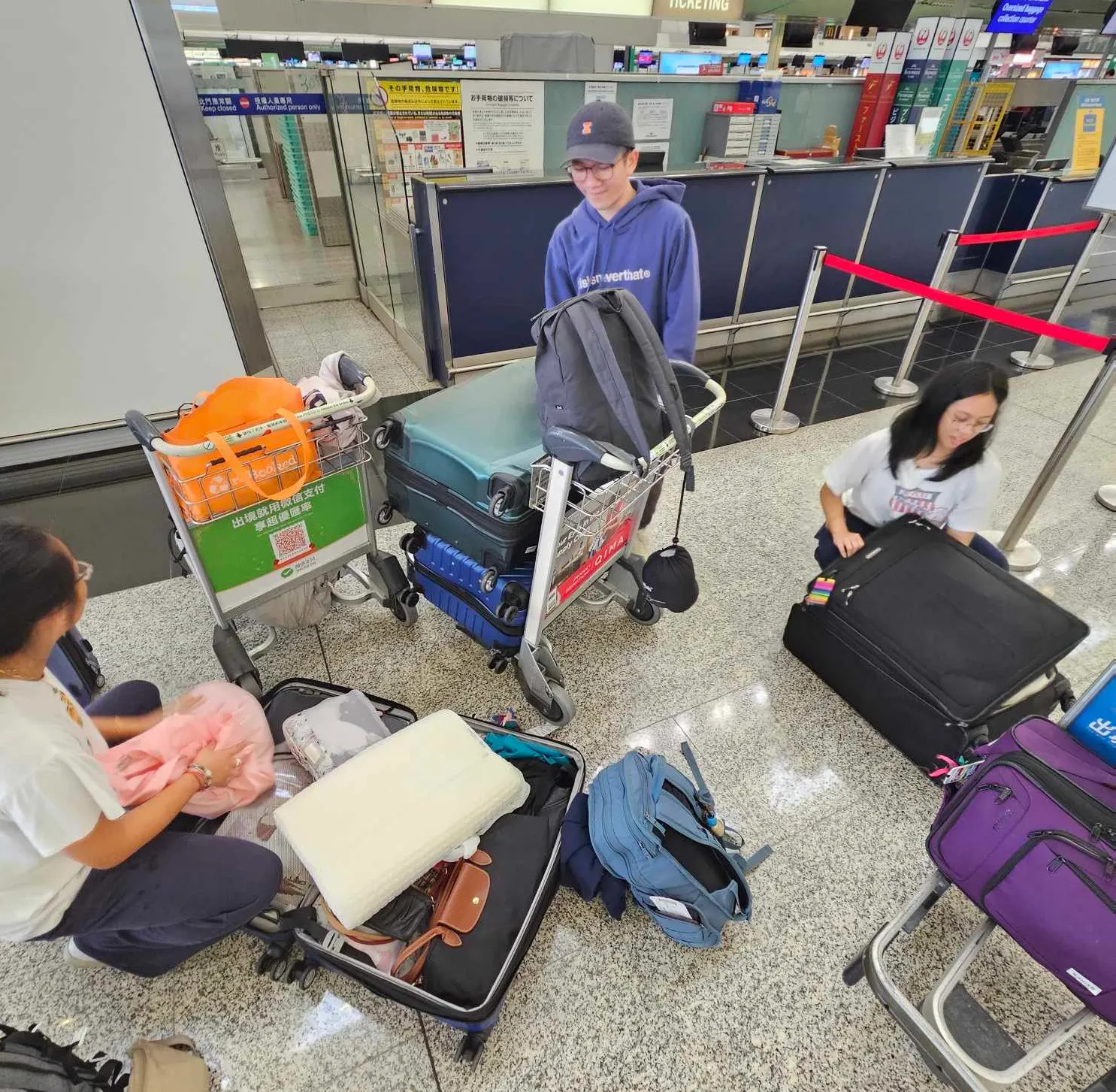
Many students had gained a great many souvenirs on their time abroad and when it came to flying home weight limits were a massive problem. I was fine since I had a friend recently visit HK who I offloaded some things to.
A few friends just had to pay the excess luggage fee of ~$200. Others worked really hard to reduce the weight by repacking things from check in to carryon. For the airline they were on the flight attendant told them they didn’t care about the weight of the carryon luggage so it was mostly an exercise of transferring the densest items to the carryon luggage, a form of the knapsack problem. They also removed their pillow from its pillowcase and stuffed clothes in the pillowcase to make it appear as a pillow to help further reduce weight. This was a bit risky since if they were rejected during security they would have to throw out the pillowcase and all the clothes in it but ended up working for them.
Return to home
I did not experience any reverse culture shock when I returned home and felt like I had never left. I had a two week break before starting a new Job at a tech startup. I was happy to lock-in having felt that I had fully recharged from the 6 month exchange and wanted to apply myself to working.
Transferring Credits
As stated a few times previously I did end up having trouble transferring credits for multiple reasons. The main reason was that undergraduate subjects are not supposed to be transferred to postgraduate degrees.
The process of rectifying this situation actually ended up taking my almost a year since I kept approaching the problem from different angles but also every time I would get in contact with the university it took around a month to hear back.
My initial problem was that I had forgotten to a credit match for one subject. Upon applying it was rejected for reason of it being an undergraduate subject. I then attempted to transfer to a similar subject that had the same course code for both the postgraduate and undergraduate degree with that course code being shown in my handbook. This workaround was rejected, however.
I then had to go through a long process of raising a grievance with my main reasoning being that my other credit transfers had been approved for undergraduate to postgraduate setting the expectation for me that this would be okay. I also only needed this one last subject to graduate.
The grievance process was especially long since the grievance officer(s) had long periods of leave, and it took a long time to get a response.
Eventually the matter was resolved with an email from the school saying that the credit transfers were okay. I receive this email about 10 months after returning from exchange.
Getting Transcript
Once I had the letter allowing the credit transfers I tried to then use the digital copy of my results as evidence for the school to proceed with the transfer. Unfortunately the school actually needed a physical transcript.
I had to request this from HKU. The request took 10 business days to process and about 10 business days to arrive in Australia. I also had purchased tracking for the letter but once the letter left Hong Kong Australia did not update the tracking data so it was almost pointless to purchase. I had the transcript shipped to UNSW and upon arriving the exchange officer promptly helped me to transfer the credits.
Graduation
With all that sorted I was able to graduate, albeit much later than expected.
Conclusion
Exchange was a great experience, even as a postgraduate student. There is a fair amount of work involved but a lot of perks involved as discussed throughout the blog. It would definitely be a better experience as an undergraduate student but as a postgraduate student it can be a great experience if the circumstances are right.
My favorite parts about exchange were learning a second language, travelling to neighboring countries on a whim, living in the same building as my friends, finishing my degree earlier, meeting likeminded individuals (I had not met many people domestically at university as a part of this degree).